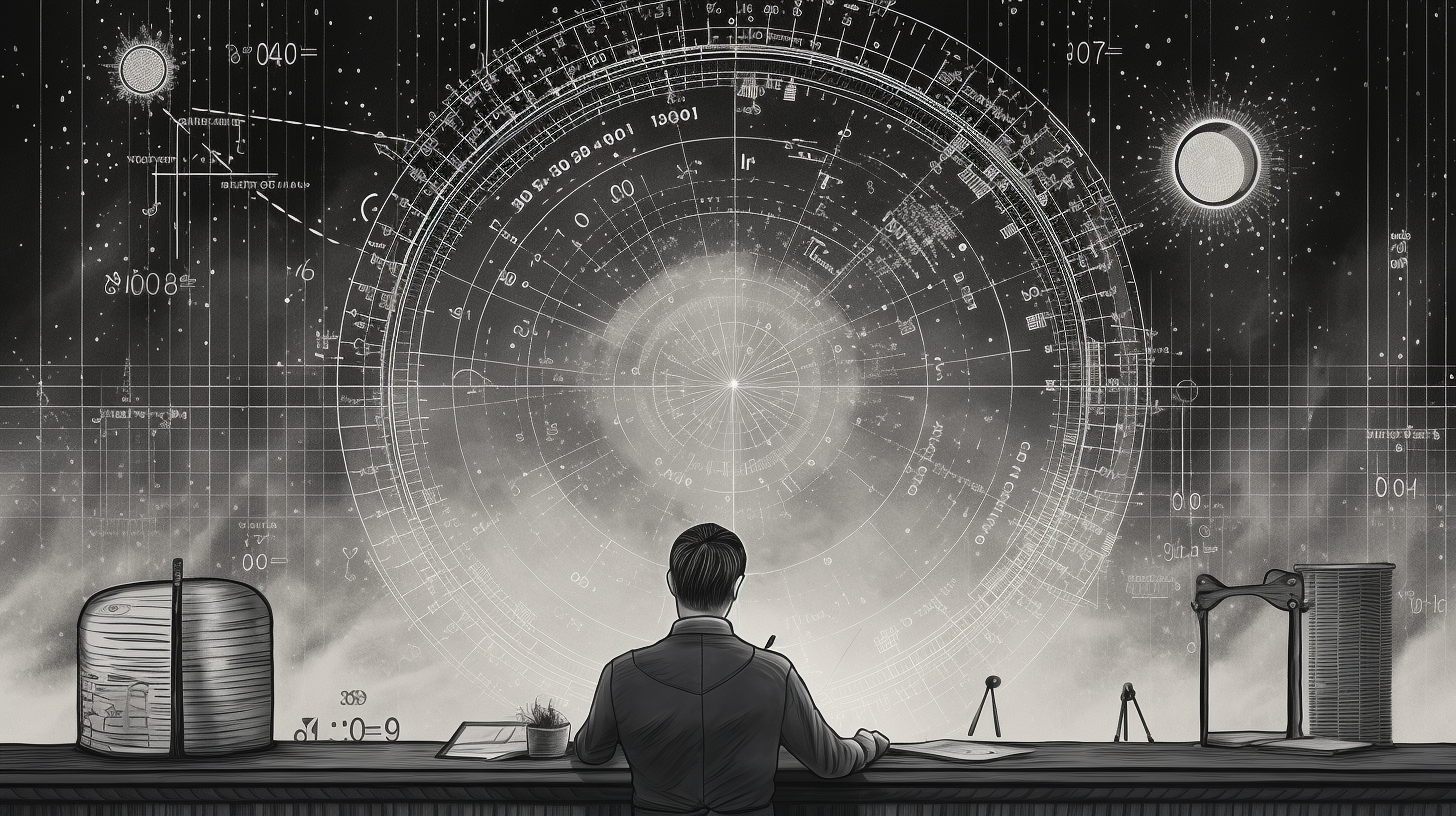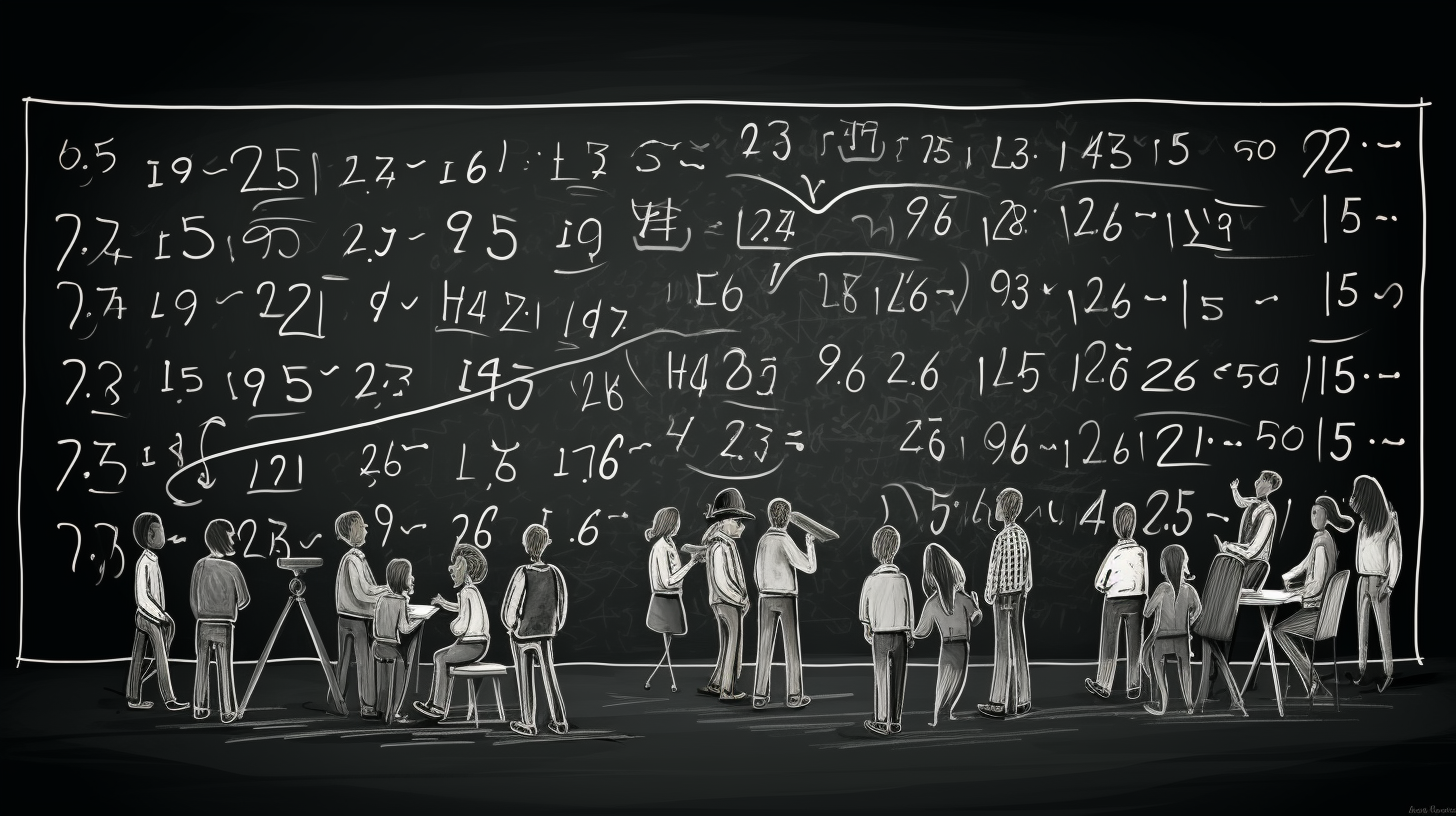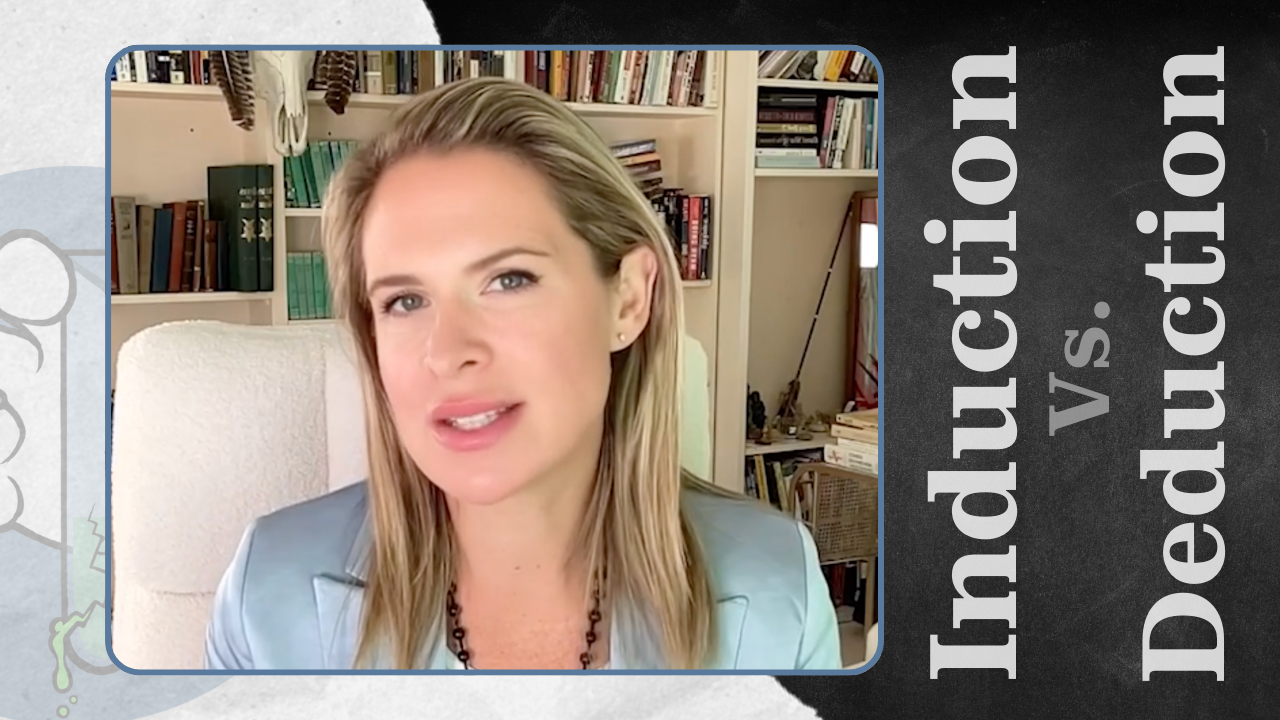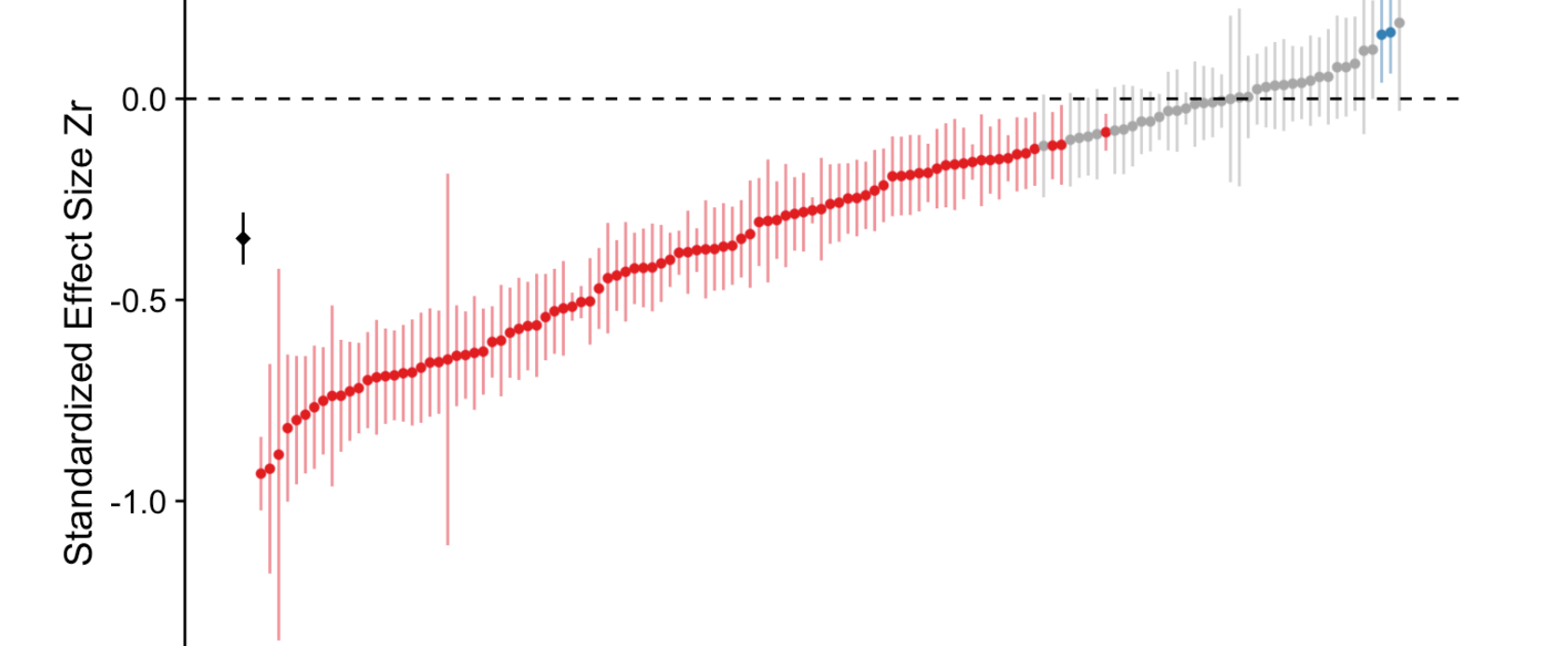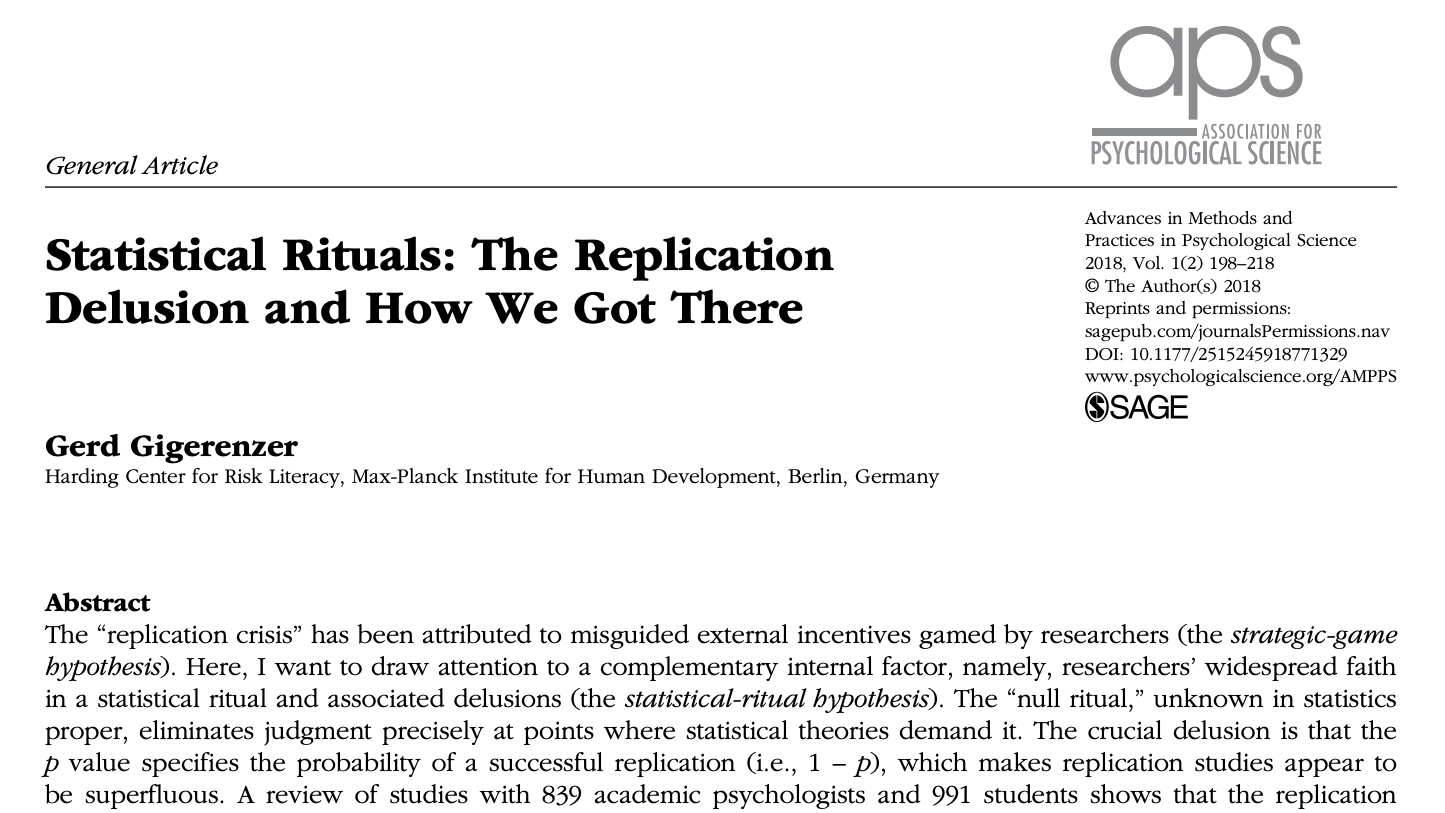Category: Probability Theory
Category: Probability Theory
Simply put, a p-value is a measure of the likelihood that the results of a study are due to the hypothesis, and not simply a result of chance. It compares the “null hypothesis,” the idea that the thing being studied has no effect, vs the “alternative hypothesis,” the thing being tested. So if the p-value is low, the data is thought to be significant. However, the p-value does not validate the effectiveness of the thing being studied, it simply claims to shows that the results were not due to chance.
Frighteningly, scientists, researchers, and medical professionals misinterpret the meaning of p-values but place extreme faith in them.
By Emily KaplanThe p value plays into the human need for certainty and has led to the reproducibility crisis in may fields. Some researchers want to tweak the system of analysis, while others want to overhaul it.
In this next part, Emily breaks down the difference between induction and deduction.
By Emily KaplanWilliam Briggs examines the wildly varied outcomes produced by statistical analysts when presented identical data sets.
Publish or perish, the null ritual, improper incentives, the inference revolution, illusions of certainty, statistical power… Gerd Gigerenzer looks back at trends in science to [...]
Greg Glassman introduces the Broken Science Initiative, a new endeavor dedicated to exploring and disseminating knowledge about broken science. He discusses how a curriculum is [...]


